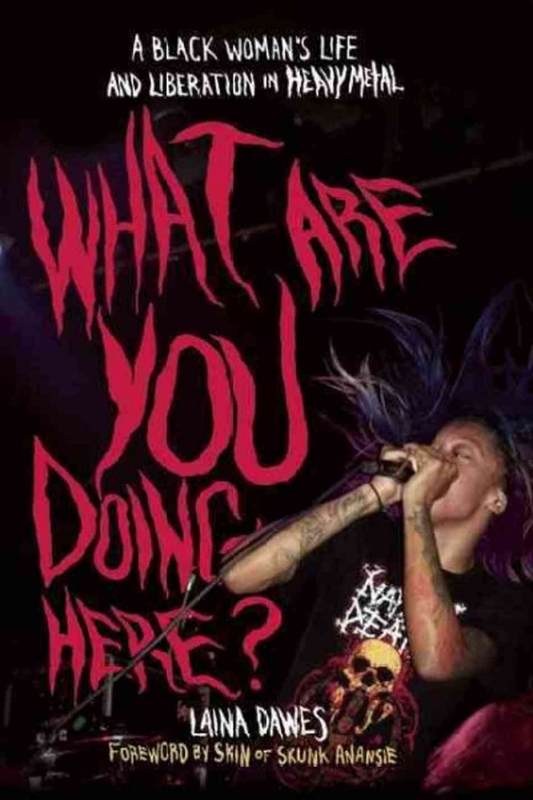Book Reviews
Book Reviews

Lame Ducks
Isaac Black
Smashwords
Street: 12.22.12
In this brief novella, Black introduces us to LA entertainment reporter Simon Johns and Casper Benton, the “recluse” of a socialite family. The two are unlikely friends, who find each other in the midst of an unfolding political conspiracy involving the state’s highest representatives and an Orwellian plan to privatize California’s water supply. The story is full of potential and some strong moments, but, with its short length, it doesn’t give nearly enough space to explore complex back-alley deals, or the budding relationship between Simon and Casper that inspires them to stick their feet into the shark-infested waters of the LA politics scene. There is a definite noir flavor to the whole affair that I really enjoyed—a minimalist outlook devoid of flash and gimmick—but it was just too minimalist for what it was trying to deliver. Dialogue fell flat and became exposition-heavy and, despite some truly honest and vulnerable moments, the friendship felt forced as a plot device. The abrupt ending did pack a dark and unsettling punch, which was unexpected and made me smile, but it could have been stronger, were it built on a greater foundation. –Megan Kennedy
60 Hikes Within 60 Miles: Salt Lake City (2nd Edition)
Greg Witt
Menasha Ridge Press
Street: 6.19.12
The latest edition of Greg Witt’s 60 Hikes Within 60 Miles lays out excellent ideas for getting off your couch and out the door. This book provides a quick-reference guide to the various hiking trail systems within an hour’s drive of SLC. Witt devises a simple, effective way to convey all the essential info for your day in the hills. Trail access information, total distances, elevations and difficulty level are laid out in an easy-to-digest format. Each hike is broken down into several sections and pictures help give the reader a better idea of what they are getting into. His maps are also some of the better ones I have seen in guidebooks. Each one includes points of interest along the way. My first use of the book included finding my way to Mt. Raymond in Big Cottonwood Canyon. The trip details were perfect and the beta was spot-on. Even if you are a bit inept in mountain navigation, Witt gives vivid descriptions of the trail, right down to the color of the signs posted at intersections. My friend and I had no problem summiting that day, and, upon Witt’s suggestion, we even went for neighboring Gobblers Knob. I recently used his trail info for Frary Peak on Antelope Island. Although it is intended for summertime use, we took advantage of the profound snowfall to make it a ski tour. I now stash the book in my glove box to supplement my myriad of adventures across the state. –Sean Zimmerman-Wall
What Are You Doing Here?: A Black Woman’s Life and Liberation in Heavy Metal
Laina Dawes
Bazillion Points
Street: 01.08
As a female heavy metal fan, I can attest that it is a wholly different experience than being a dude in the same scene. What I didn’t realize before reading this well-researched and surprisingly objective book was how much more marginalized I’d be feeling as a female minority. Author Laina Dawes weaves not only her own lifelong experiences as a fan, photographer and journalist, but the experiences of countless others into this documentary tale about the unique difficulty minority fans and musicians experience in the extreme music scenes. Some of the stories about encountering blatant and sometimes-violent racism are rightfully upsetting, and demonstrate that, while heavy metal is full of glorious liberation, the scene still has plenty of growing to do. More than anything, I was surprised at how taboo listening to metal/punk still is to a wide swath of the black community, as encountered by the book’s witnesses—how it is equated with “letting the race down” by showcasing emotions some feel are better left alone. Dawes brings a lot of experience, clear and concise writing and good journalism, and while she doesn’t have any long-term solutions for bridging these deep and unfortunate valleys—through no fault of her own—she has still introduced the first step, which is opening our eyes and starting a dialogue. –Megan Kennedy

